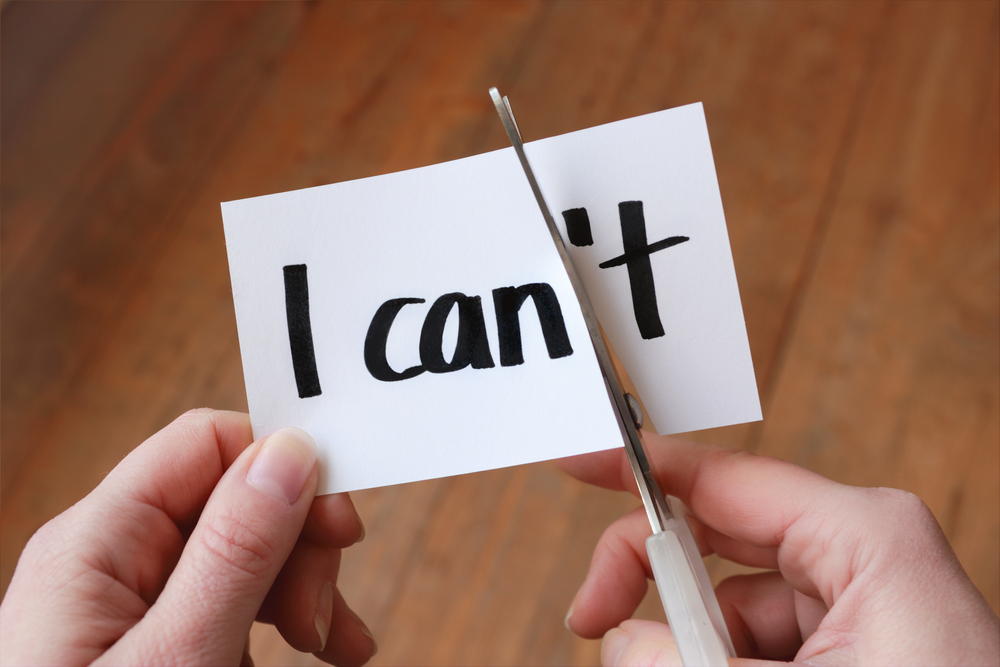Barriers to weight loss

Making changes to the way you normally do things can be challenging at first but if you change nothing, then nothing will change.
There are a lot of reasons why we can struggle to lose weight. It may be due to lack of time, stress, finances, lack of knowledge about what to eat or just feeling overwhelmed about where to start.
Think back to a time when you’ve tried to lose weight before and it didn’t work. What was it that stopped you from achieving your weight loss goal? By identifying potential barriers you can come up with some strategies beforehand to stop you from falling into the same trap.
Below are some of the most common barriers that people experience when trying to manage their weight:

Lack of time
Make time for success
Make some time to plan out your meals and snacks and do your food shopping for the week. Knowing what you are going to eat ahead of time makes food shopping much quicker, ensures that you have the ingredients to hand and stops you from resorting to quick unhealthy options.
Batch cooking some healthy dinners to have during the week or prepping some ingredients ahead of time can save you time when you’re needing a quick meal.

Cost of eating healthily
Be mindful of the money
Planning your meals also helps with keeping your costs down. It means that when you go food shopping you only buy what you need and cut down on food waste.
Fresh fruit and vegetables can be expensive, especially if they’re not in season so buy frozen instead. Frozen fruit and vegetables are usually just as nutritious, cheaper, available all year round and are sold in large quantities making them much more affordable.
Eating less meat is also a good way of saving some money. Alternatives that you can use are beans, lentils, canned fish and eggs as they are all rich sources of protein and cost a lot less.

Lack of knowledge
Make a clear plan
With so many different sources of nutritional information, it can make healthy eating decisions confusing. If you’re looking online then the NHS Eat Well website has a lot of credible information and their Better Health page has weight loss guidance.
Your GP or diabetes team can also signpost you to local services which can include free weight management classes, physical activity groups and cooking classes. For more information about what is available in your area, click here.

Psychological barriers
Getting your mindset right
There are a number of ways that this can present. You may find that you turn to food when you’re feeling stressed or anxious. Many of us use food as a source of comfort and normally the types of foods we eat during this time are higher in fat and sugar.
What can help is to try and identify what you are feeling and why. What is it that has triggered you that makes you want to comfort eat, and is there a different way you could deal with it? This could be talking to a family member or a friend, going for a walk and listening to a podcast, writing down what you are feeling or distracting yourself with something you find enjoyable.
Guilt is another common feeling that people can associate with food. Denying or restricting the types of food you eat all the time can make you feel bad when you eat those foods. This can lead to eating even more than you intended as you have a sense of ‘ruining’ your diet so you might as well continue. This then leads to even more guilt.
Losing weight is a journey and a lapse doesn’t have to equal a total relapse.
If you’re meeting a friend for coffee and cake, maybe you could walk to meet them instead of taking the car or bus so that you can get some steps in. Think of an action that you could take that will keep you in line with your overall health goal, but still allows you to enjoy food without making yourself feel guilty for it.



Leave a Reply
You must be logged in to post a comment.